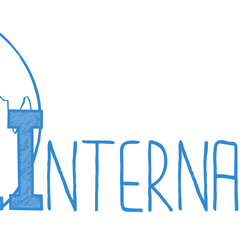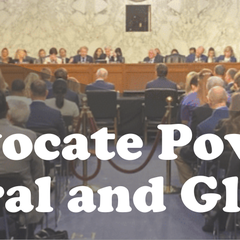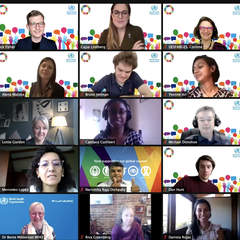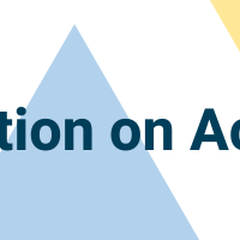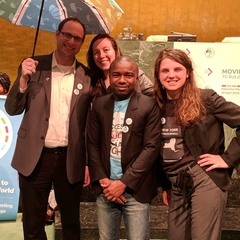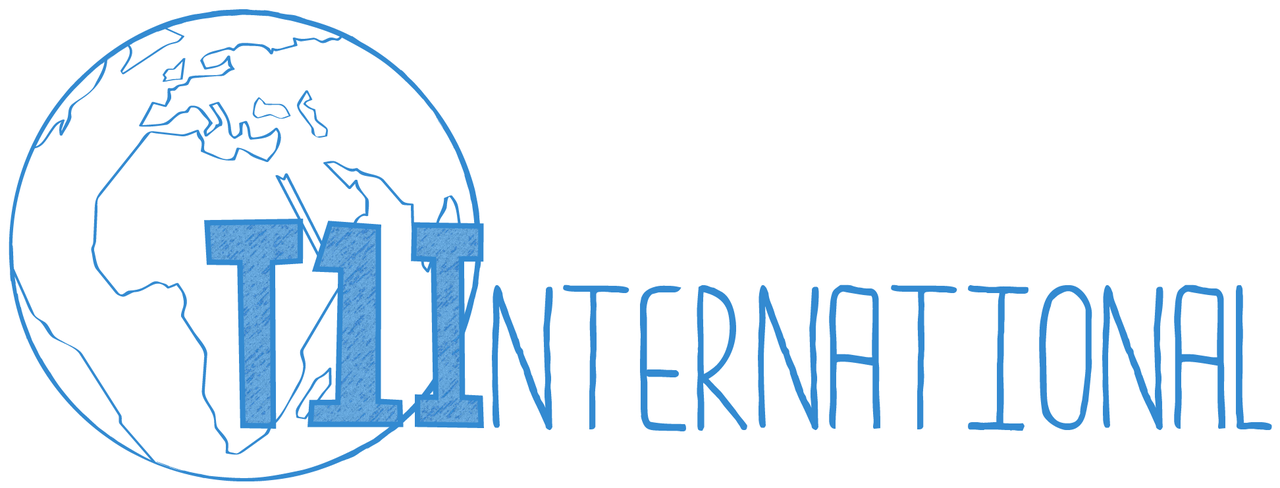
T1International at the United Nations Multi-stakeholder hearing on NCDs and Mental Health
5 May 2025, 7:52 p.m. in News & Statements by T1International
On Friday May 2, 2025 #insulin4all advocates joined over 100 UN-accredited organizations for a multistakeholder hearing to help shape the agenda and define key milestones for the Political Declaration at the fourth high-level meeting of the United Nations General Assembly on the prevention and control of noncommunicable diseases and the promotion of mental health and well-being in September 2025.
Below are T1International’s remarks, delivered on the floor of the United Nations General Assembly by the Executive Director to over 300 in-person participants, as well as online - you can see her at minute 0:51 here.
Dear Delegates and Member States,
My name is Shaina Kasper and I am a patient, a person living with type 1 diabetes, and I serve as the Executive Director of T1International, a global non-profit that works to ensure that everyone with diabetes, no matter where they live, has access to everything they need to survive and achieve their dreams. Our organization supports patient leaders around the world to shape policy agendas—from submitting an application to the World Health Organization’s Essential Medicines List to add rapid-acting insulin, to advocating for patent reform and pricing transparency. We accept no funding from the pharmaceutical industry or device manufacturers to ensure that our work is truly independent. I am here to urge the UN, member states, and other actors to strengthen affordability policies, support public manufacturing, esure market competition, and center patients in every decision.
Insulin is life-sustaining. Yet, half of those who need it cannot access it because it is too expensive, unavailable, or both. The World Health Organization has set a global target: by 2030, 100% of people with type 1 diabetes should have access to insulin and glucose self-monitoring supplies.
Living with diabetes is hard. Everyday, we balance our blood glucose levels, calculate insulin doses and live with the knowledge that one misstep can have deadly consequences. That burden becomes devastating when people cannot access the medicine and supplies they need. This is the reality for people like Janice in South Africa, hospitalized for years due to lack of access to insulin analogues. For Iqra who almost died during insulin shortages just last year in Pakistan. Like Rwothomio in Uganda who couldn’t afford the insulin that worked best for him and stopped injecting, trading hypoglycemia for diabetic ketoacidosis.
People with diabetes should not have to choose between food, rent, education, or the medicine and supplies they need to live. No one should spend any more than 5% of their income on insulin and glucose self-monitoring supplies. People are spending far more. We need better data rooted in lived experiences, stronger government policies and we need pharmaceutical companies to lower their prices.
Three companies control more than 90% of the global insulin supply. When one discontinues a product, there is often no alternative as we’ve seen in the last year with the discontinuation of Levemir insulinor human insulin pens. We need governments to implement stronger patent laws and to support public pharmaceutical manufacturing. Insulin should only be a few dollars per month – that’s how much it costs to manufacture. In Brazil and in California, they are working to manufacture biosimilar insulins locally and with robust government and patient engagement. These are models that are proving to work, and they should be scaled internationally.
Too many people are being left behind as diabetes technologies advance, creating a double standard of diabetes care. Everyone deserves dignified access to the insulin, technology, and tools that work best for their body, whether that is analogue insulins, insulin pens, vials and syringes, continuous glucose monitors, or a resilient meter and ample supply of test strips. Geography should never determine whether you live or die.
T1International urges the UN and member states to strengthen affordability policies, ensure market competition and support public manufacturing, and center patients in every decision. We cannot wait any longer.




